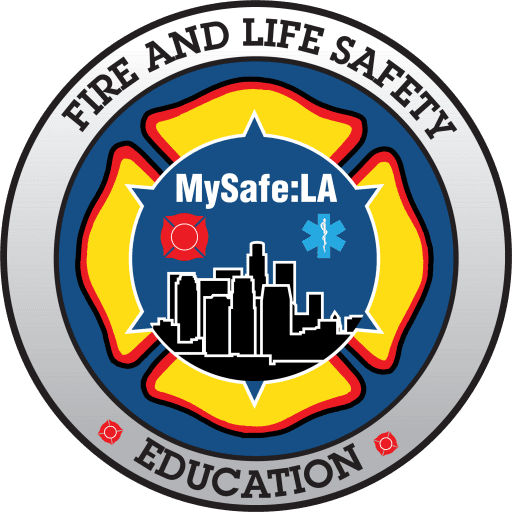Emotional Support
Losing a home in a wildfire is a profoundly traumatic experience that can cause significant emotional distress. It’s essential to seek support to handle complex emotions during such difficult times. Here are several options to consider:
Therapists and Counselors: Licensed mental health professionals can provide personalized strategies to cope with trauma, anxiety, and grief. They offer a safe space to process emotions and develop resilience.
Crisis Hotlines: If you or someone you know needs immediate support, wonderful resources are available through crisis hotlines. The 988 Suicide & Crisis Lifeline is here for you, offering 24/7 support for anyone experiencing mental health crises or having thoughts of suicide—all across the nation, including California. Just call or text 988, or you can even chat online at 988lifeline.org. Additionally, for our younger friends aged 12-24 and their families, the California Youth Crisis Line is dedicated to providing support around the clock. Don’t hesitate to reach out by calling or texting 1-800-843-5200.
Local Support Groups: Connecting with others who have experienced similar things can provide comfort and understanding. Community centers or local organizations often host support groups for disaster survivors.
Online Forums: Virtual communities offer platforms for sharing experiences and coping strategies. If in-person groups are not accessible, these forums can be beneficial.
Spiritual Support: Many find solace in their faith communities. Churches, synagogues, mosques, and other religious institutions often provide counseling and support services to members and non-members alike.
American Red Cross: Beyond immediate disaster relief, the Red Cross offers mental health support to disaster survivors.
Local Nonprofits: Organizations like the Crisis Center of Northern New Mexico provide 24-hour crisis lines and support services. They can be reached at 1-800-206-1656.
Workplace Support: If employed, check if your employer offers an EAP, which can provide confidential counseling services and resources to help manage stress and emotional challenges.
American Psychological Association (APA): The APA offers resources on recovering emotionally after a residential fire, including self-care strategies and guidance on seeking professional help. Visit the American Psychological Association website here.
Personal Support Network: Lean on trusted family members and friends. Sharing your feelings and experiences with loved ones can provide emotional relief and strengthen your support system.

